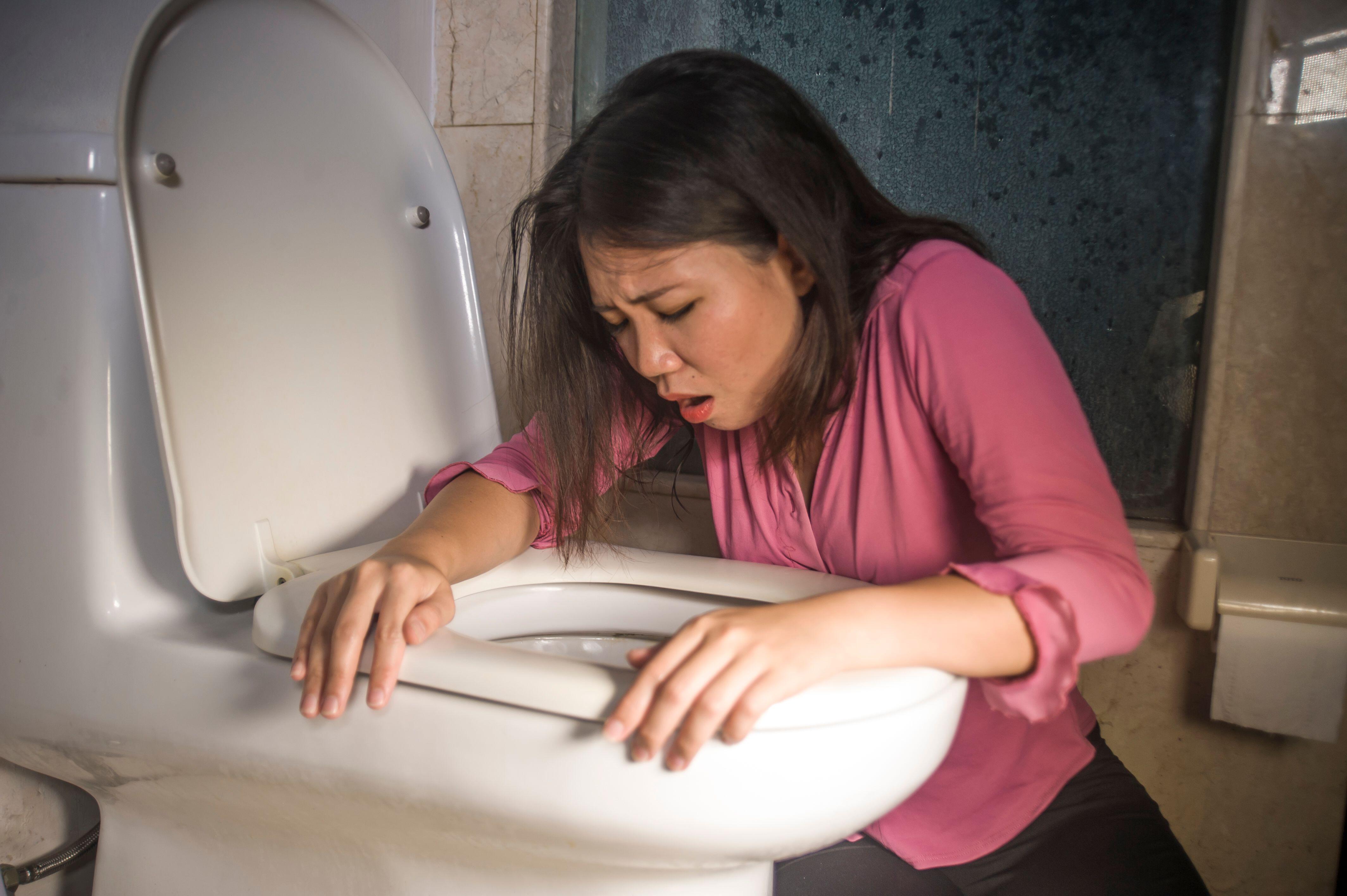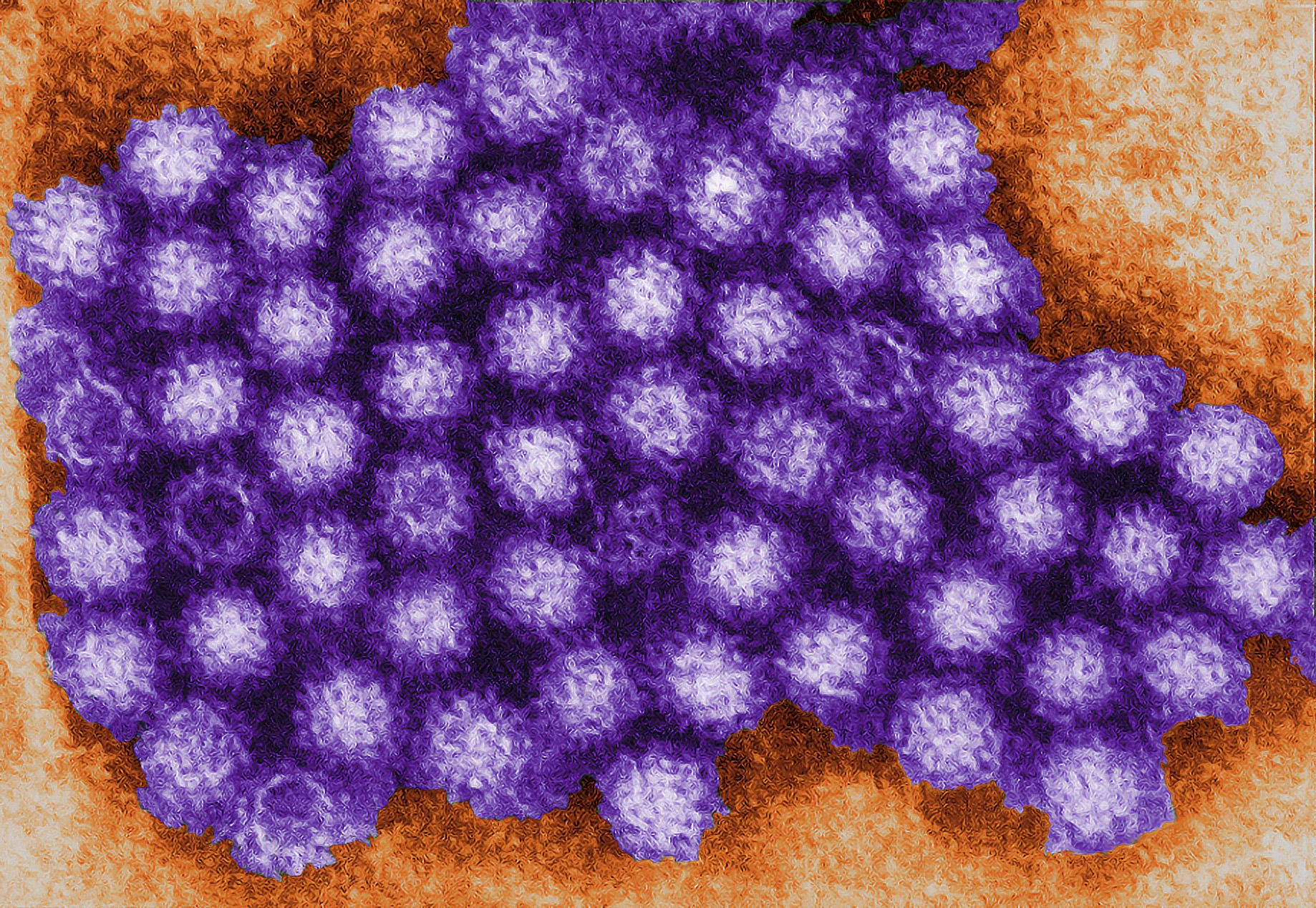
A new strain of norovirus is sweeping across the UK, with cases of the bug reaching unusually high levels for this time of year.
Norovirus is an unpleasant stomach bug with common symotoms including diarrhoea, vomiting, nausea and stomach pain.
The number of cases have reached double the average for this time of year, with research identifying the most dominant strain as GII.17 - nicknamed the ‘Kawasaki’ strain.
UK Health Security Agency (UKHSA) has confirmed that the strain now makes up around 70 per cent of all cases of the bug according to the most recent figures.
The health agency added: “During the first 16 weeks of the 2024/2025 season this was the most commonly detected norovirus genotype.”
As cases of the ‘Kawasaki’ bug soar in the UK, here’s how to spot it and treat it:
What is norovirus?
Norovirus, also called the “winter vomiting bug”, is a stomach bug that causes vomiting and diarrhoea. It can be very unpleasant, but usually goes away in about 2 days.
The main symptoms of norovirus are feeling nauseous, diarrhoea, vomiting, a high temperature, a headache and arms and legs aching.

What is the ‘Kawasaki’ strain?
The ‘Kawasaki’ strain of norovirus was first detected in Kawasaki, Japan in 2014.
The UKHSA has noted an increase in samples of this strain since April 2024 and reported that during the first of the first 16 weeks of the 2024/2025 season it was the most commonly detected strain.
It is thought to exhibit the same symptoms as other strains of norovirus.
How does it spread?
Norovirus is highly contagious.
You can catch it from coming into contact with someone who already has the disease, by touching surfaces or objects that have come into contact with it, then touching your mouth, or by eating food or drinking water that has been handled by someone with it.
The NHS warns that alcohol hand gels do not kill norovirus and advises that washing your hands frequently with soap and water is the best way to stop it spreading.

How to treat it?
The NHS advises that norovirus cases can be cared for at home and that sufferers should stay off school or work and not visit care homes or hospitals to limit the risk of passing the contagion on to others.
Sufferers are advised to only return to communal settings 48 after their symptoms have cleared and to rest and drink plenty of liquids until the condition passes.







